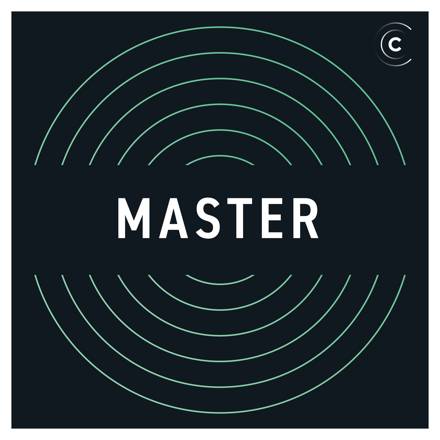Building desktop apps with Go + web tech
Building desktop applications is tricky. Every OS has its own set of tools, and you often need to learn a new language for each. In this episode we talk with Wails creator Lea Anthony about how the build tool enables developers to create desktop apps using Go and their normal JS frontend (React, Vue, Anguluar, or whatever you want).





